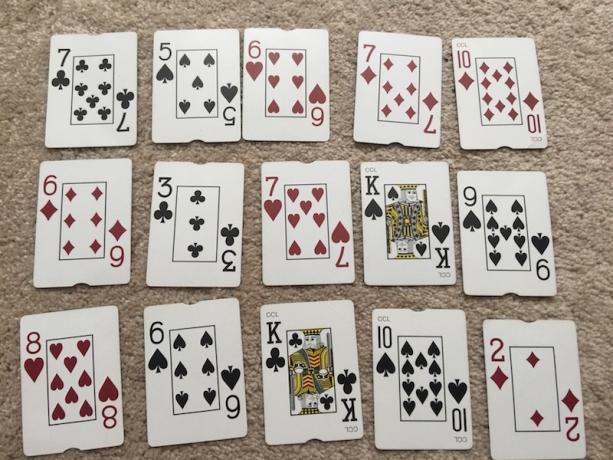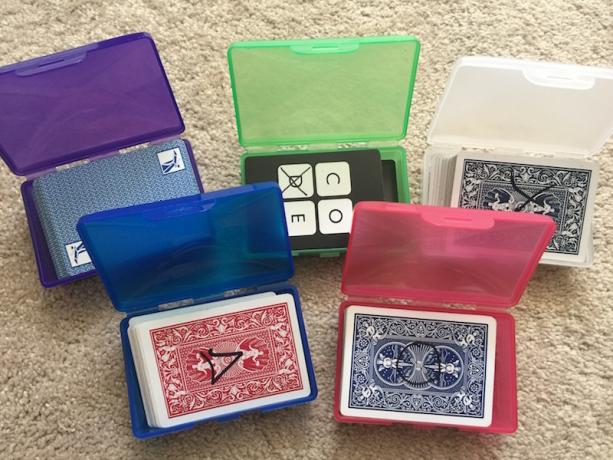We all go through days when we have the desire to disconnect from the routine of class. Maybe you want to go on a field trip or bring a discussion to your class, but you don't have the time or energy to start a new activity.
On some days, you might find 20 minutes to kill and give the kids a mental break. Or maybe it's exam season and your students need to do something other than automatically answer things.
see more
Teacher performance is a key factor for the full inclusion of students…
Financial education is the best ‘medicine’ for chronic indebtedness…
It could be that you are tired of the whole teaching schedule and just want to use a chunk of time for a quick game. Whatever the case, card games are fun, easy and a natural way to integrate. mathematics in your schedule without having to go through boring exercises.
These are three quick card games that are easy to organize and learn, and perfect for reviewing and regrouping math facts and using problem solving skills!
This game is great for developing logical thinking and problem solving, reviewing double digit addition and subtraction regrouping, and it's fun! The goal is to create a mathematical equation that has its sum or difference close to the number 50. The first player to earn five points is the winner!
Distribute the cards among the players. Each player turns over four cards and creates a two-digit + two-digit account, or a two-digit - two-digit account, which has a resolution close to 50. The equation closest to 50 gets one point. If you can create an equation whose answer is exactly 50, it is worth two points. If both players have the same answer, no one scores.
During the game, the ace is worth 1, and the cards with drawings are worth 0; the other cards have a face value. After cards are used, they are placed in a discard pile. We play five rounds with two players in a group, but it can also be played between four players with two decks. My students used the whiteboard to work through several equations before coming up with the next 50.

This game is usually played alone, but can be modified for two players. It allows younger children to practice math facts up to 10.
If you're playing alone, you win if you manage to get all the cards in the deck without crashing at any point!
If playing in doubles, and there are no more moves to be made, the player with the most cards in hand at the moment is the winner.

This game is a simplified version of the one played in casinos, with no wagering involved. Objective: get as close to 21 as possible without going over it! Each player is dealt two cards to start with, and each player has the option of taking another card to increase their hand number up to 21.
If they overtake, they do not score. If they get as close to 21 without going over it, they get 1 point. If they hit the 21 mark with their first two cards, they earn two points. The first player to get 10 points is the winner.

Enjoy playing these quick games with your students throughout the year and even during the holidays to keep their math skills sharp.
